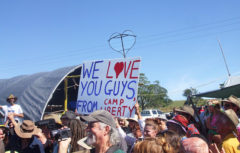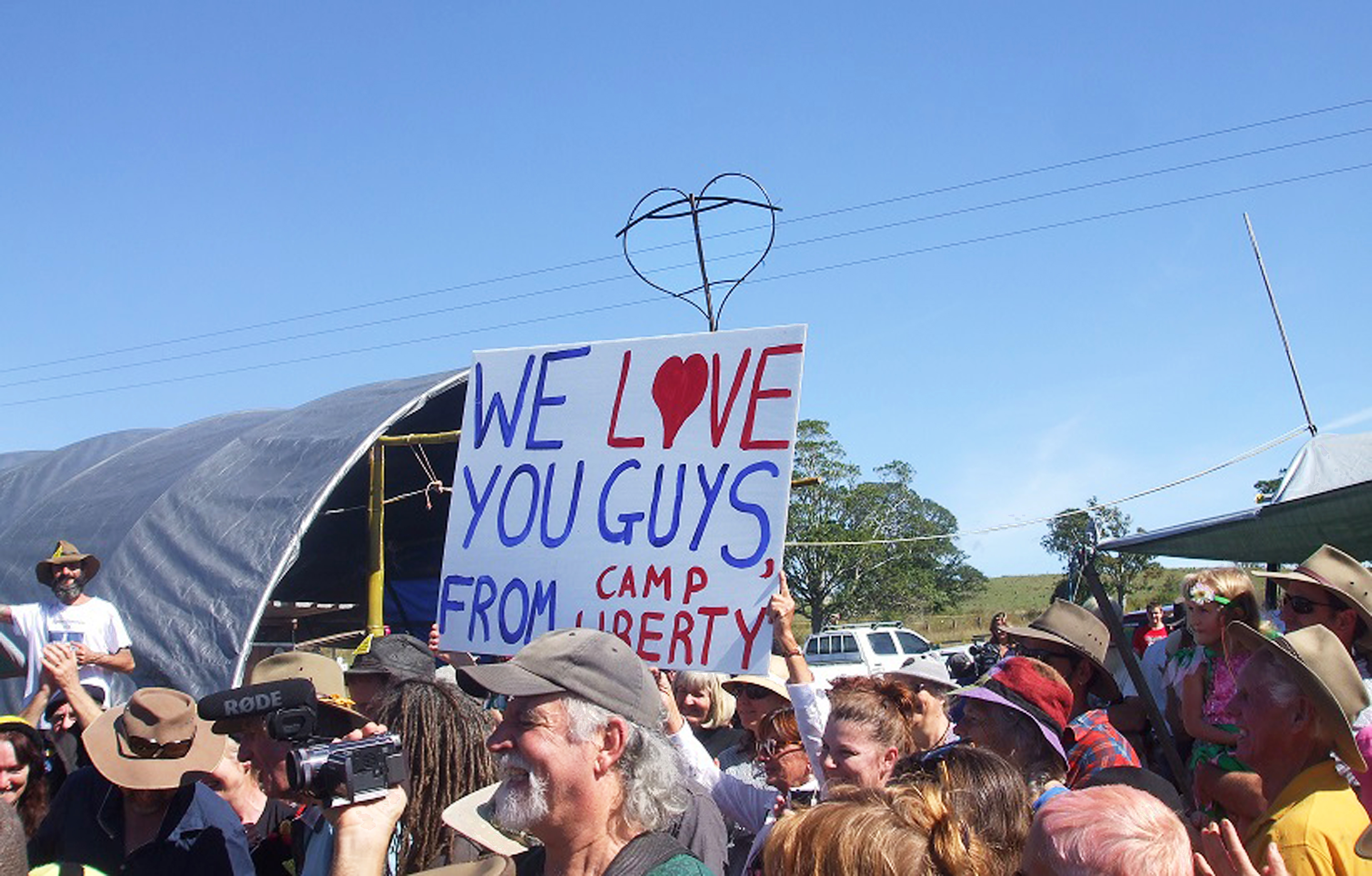
We are taught to believe that emotions are irrational and have no place in rigorous debate over science, policy, and natural resource management – that emotion is a subjective thing that can obscure logic and reason. Taking a look at the state of the Earth in the Anthropocene, this era of human-induced global environmental change, goes some way towards revealing the consequences of our Western rejection of feelings and emotions.
When exploring the connection that people from all walks of life have towards their homes, the places they feel they belong, or even the Earth itself, what is so often revealed is not just a sense of place, or a connection to place, but a deep and enduring love.
Australian author Elyne Mitchell argued in 1946 that the key to addressing environmental degradation is to nurture ‘a real love of the land – a love of the universal Australian earth and an intense love of the particular place from which each individual comes.’ Increasingly at the heart of environmental campaigns across Australia are alliances between Aboriginal people, farmers, environmentalists, and wider community members, breaking down traditional divides based on a shared desire to protect places of belonging.
Love of land, place, or the biosphere itself, provides an emotional experience that is both subjective and yet at the same time provides a common, shared experience.A shared sense of place and love of land establishes common ground in such a powerful way that it can even overcome culturally ingrained opposition to the ‘other.’ One of the farmers of the Bentley Blockade, the successful 2014 campaign to protect land and water from unconventional gas mining, stated: ‘divide and conquer tactics don’t work anymore. We’re one mob.’ Collective action is all the more powerful when cultivated on common ground.
Buddhist teacher Thich Nhat Hahn argues thatonlylove can save us from climate change, urging us to ‘wake up and fall in love with the Earth.’ We need to cultivate communities and cultures of love, rather than shying away from anything too ‘emotional’ or ‘sentimental’ – our ability to love is one of the things that makes us human.
By: Dr Vanessa Bible, Lecturer in Peace Studies and History, UNE
